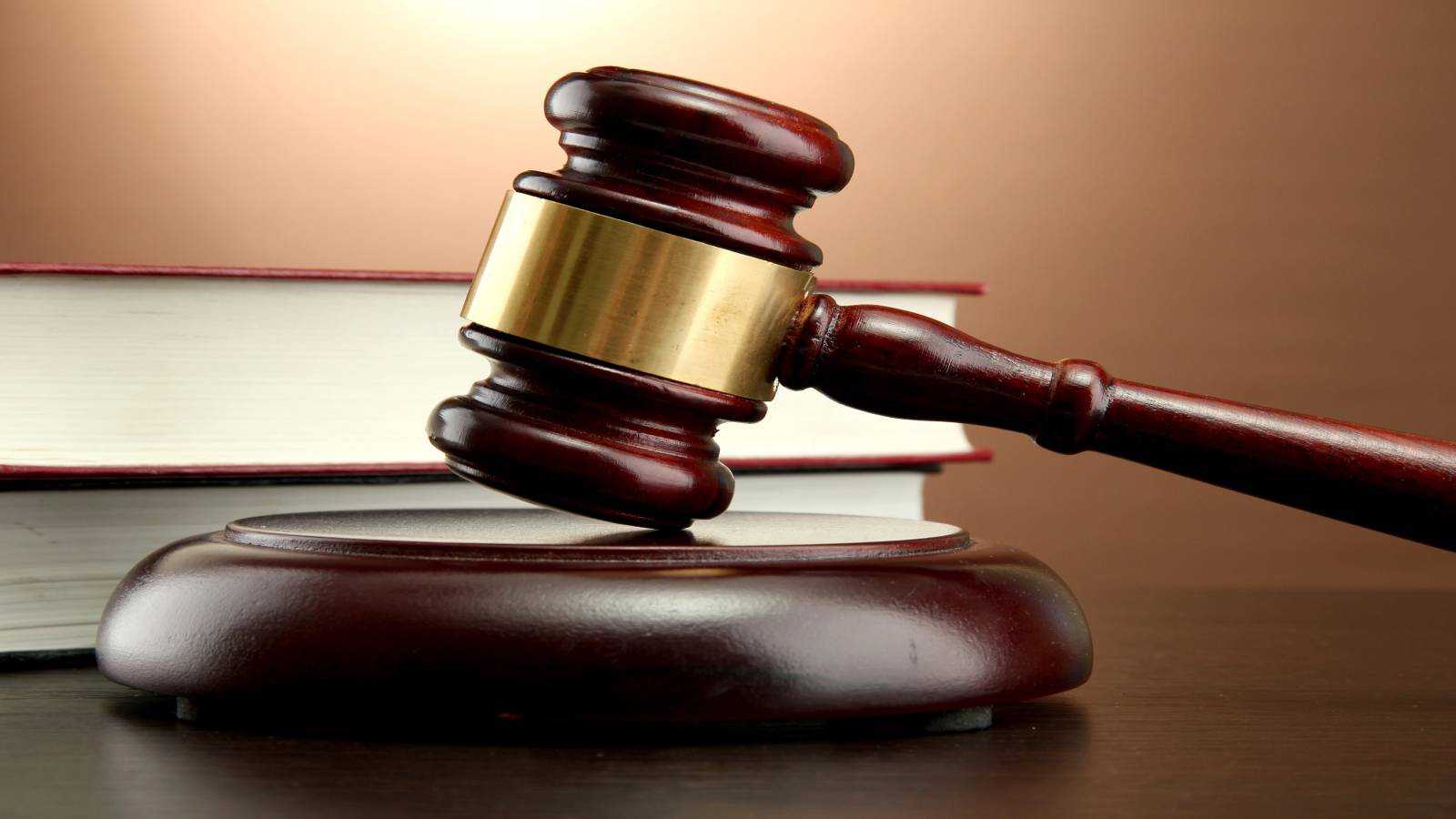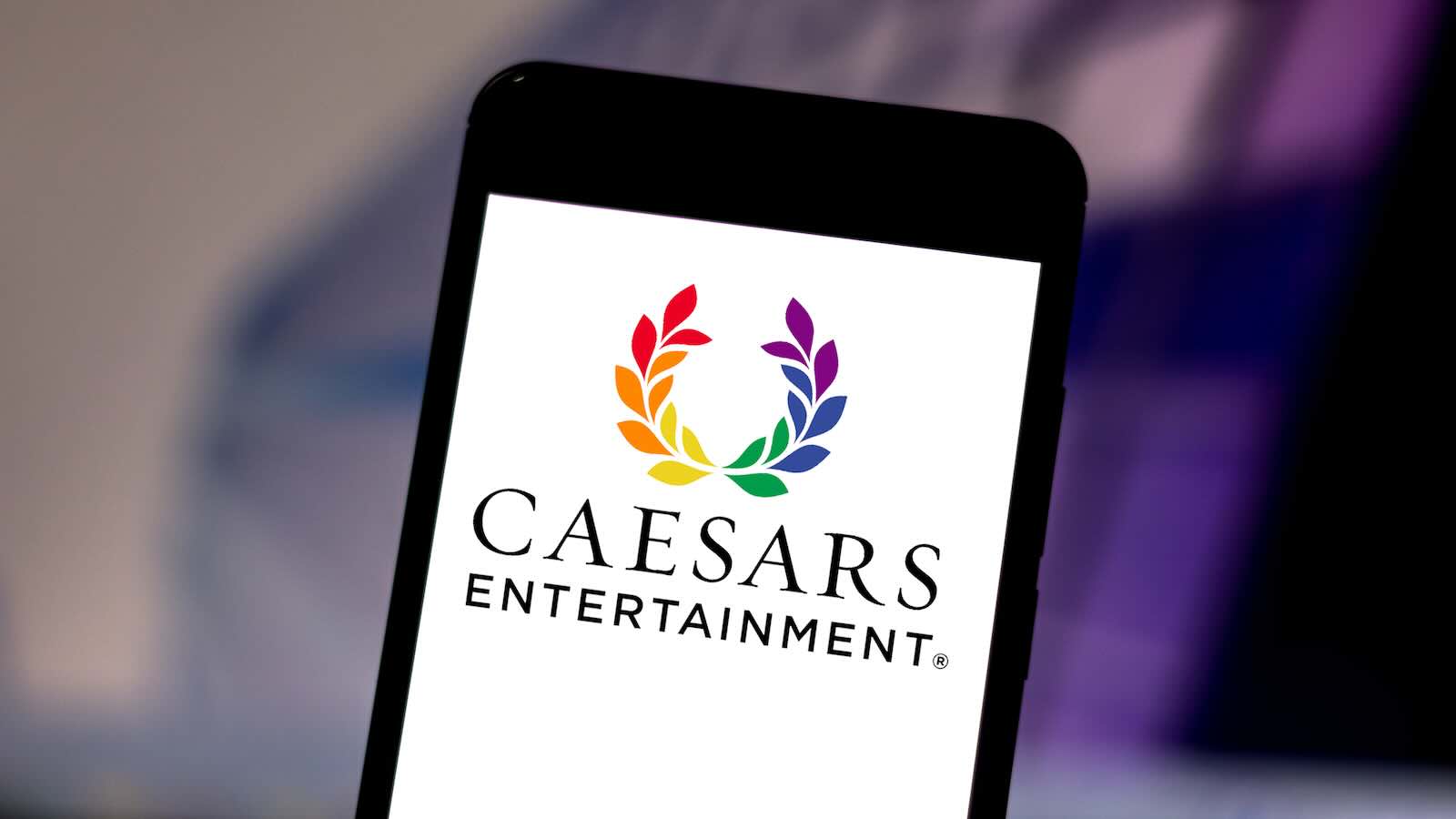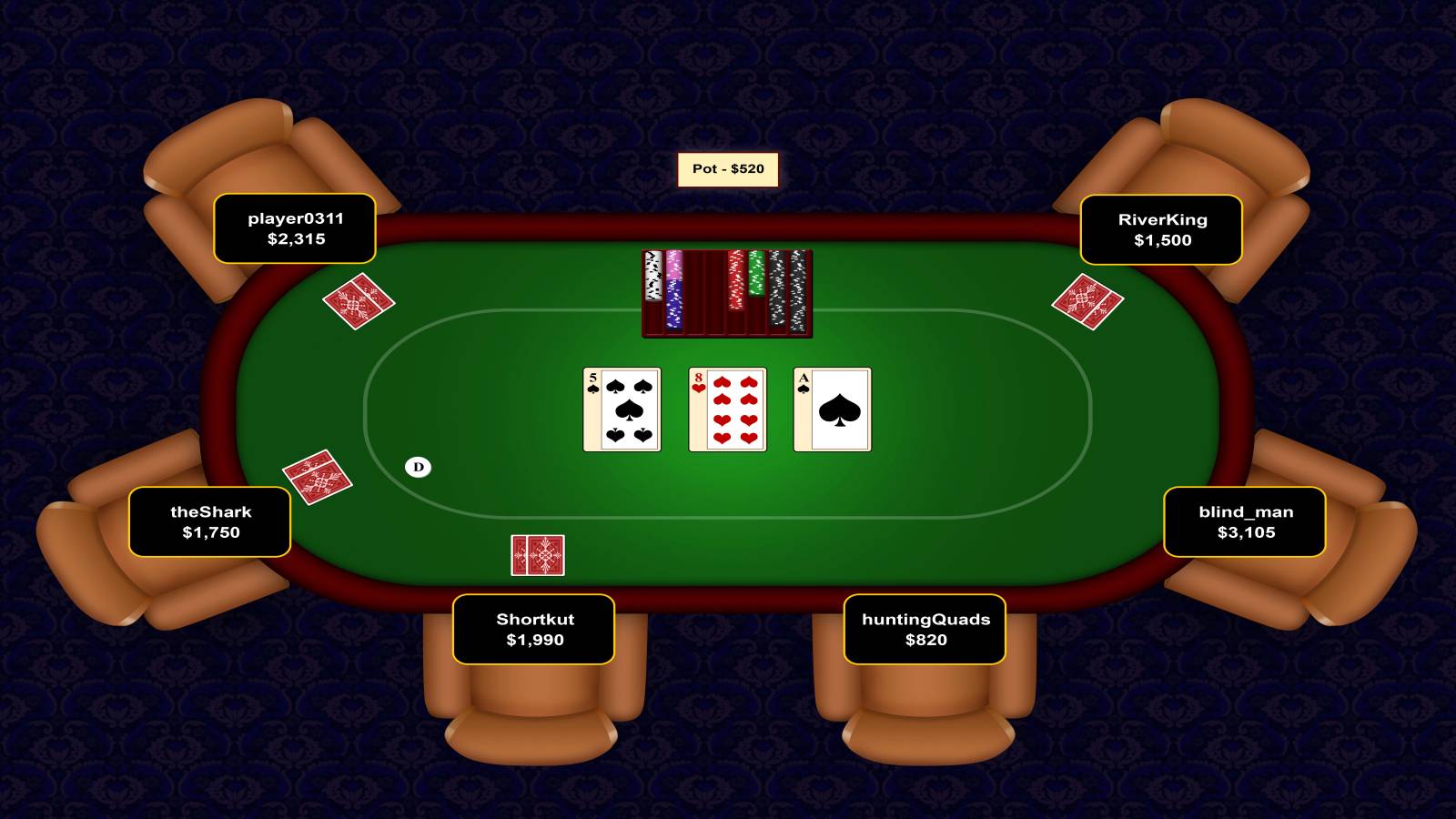Panama Papers Trial Begins As Mossack Fonseca Founders Face Money Laundering Charges
The trial surrounding the Panama Papers has gotten underway in Panama, with 27 people facing money laundering charges.
2 min

After years of anticipation, the long-awaited trial of 27 individuals linked to the Panama Papers money laundering scandal in finally underway in Panama. This case, which involves world leaders, the global gambling ecosystem, and offshore havens, has finally reached the stage of judicial scrutiny.
At the center of the trial are 76-year-old Jurgen Mossack and 71-year-old Ramon Fonseca Mora, the founders of the Mossack Fonseca law firm. Both men stand accused of money laundering charges but vehemently deny any wrongdoing on their part or by their firm.
How it began
The scandal erupted in 2016 when millions of confidential documents were leaked to the German newspaper Süddeutsche Zeitung. They would later became known as the Panama Papers. The information was subsequently shared with the International Consortium of Investigative Journalists (ICIJ).
This massive leak exposed a network of over 214,000 offshore companies linked to individuals in 200 countries and territories. Mossack Fonseca, which once maintained a global network of 40 offices, ultimately shut down entirely after the scandal broke.
Mossack and Fonseca, the latter of whom served as a minister in the cabinet of former Panamanian President Juan Carlos Varela, maintain that the leaked information was misconstrued. They have repeatedly held that their firm was the victim of a cyberattack.
The leaked records implicated a wide range of powerful figures, including former and current heads of state, billionaires, and celebrities. Names like former Argentine President Mauricio Macri and Chinese President Xi Jinping appear in the papers. In addition, sports stars Lionel Messi and Tiger Woods appear. However, not all of the names on the list were necessarily linked to any illegal activity.
The leak also revealed Mossack Fonseca’s work with Israel’s Bank Leumi. One of its prominent clients was Teddy Sagi, the founder of online gaming giant Playtech. Most of Sagi’s 16 offshore companies that Mossack Fonseca established for him dealt in real estate. However, some Bank Leumi branch officers served as directors on these companies’ boards.
Bank Leumi was eventually fined for assisting American clients in tax evasion and paid $400 million. However, neither Sagi nor his companies were ever charged with any wrongdoing.
Unraveling the web
The ICIJ’s investigation exposed the intricate methods Mossack Fonseca and other offshore service providers employed to allegedly help clients conceal wealth and potentially evade taxes. These methods often involved incorporating companies in jurisdictions with lax regulations on corporate transparency, such as Panama and the British Virgin Islands.
The leak triggered a global investigation, prompting raids on Mossack Fonseca offices in Peru, Panama and elsewhere. Notably, while the firm’s website didn’t advertise its presence in North America, the leaked documents revealed its firm ties to Nevada.
USA Today’s investigation linked Mossack Fonseca to M.F. Corporate Services (Nevada) Limited, a one-person operation based outside Las Vegas. This company served as the registered agent for over 1,000 business entities incorporated in Nevada since 2001. This highlighted the prevalence of Mossack Fonseca’s reach in the U.S. Wyoming, which shares Nevada’s affinity for permissive corporate secrecy laws, was also identified as a state where the firm established companies for clients.
What’s next
With the trial underway, it is unclear how long it will take to reach a verdict. The sheer volume of information and the complex nature of the case suggest that this process could be lengthy. The outcome of the trial, depending on how it goes, could set a precedent for future investigations into offshore tax havens. It might also alter the role of law firms in facilitating potentially illegal financial activities.
Only Mossack attended the first hearing on Monday in person. Fonseca is reportedly suffering from poor health and could only attend via videoconference. If found guilty of money laundering, the accused could receive up to 12 years in prison in accordance with Panamanian law.





